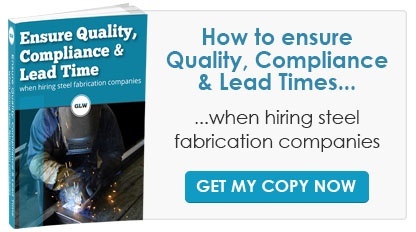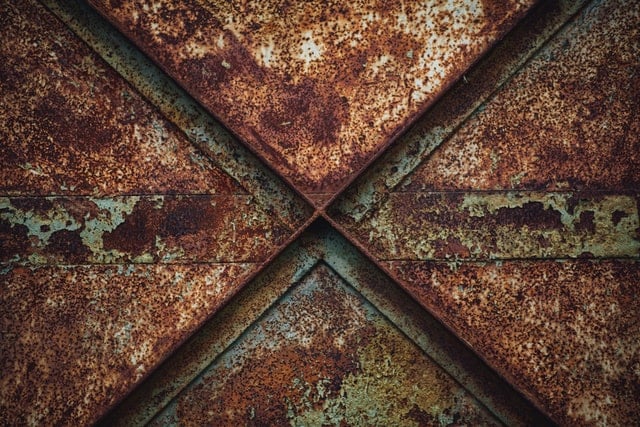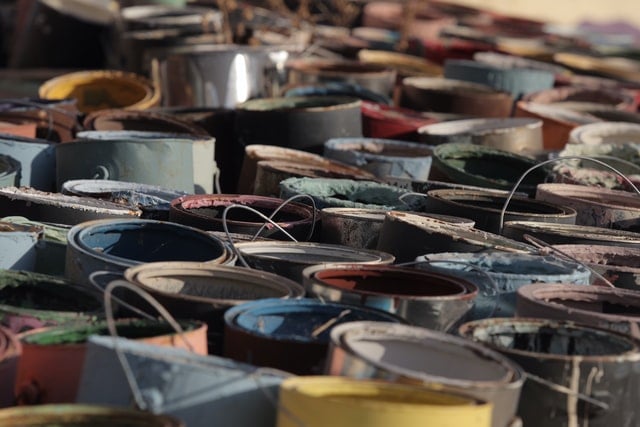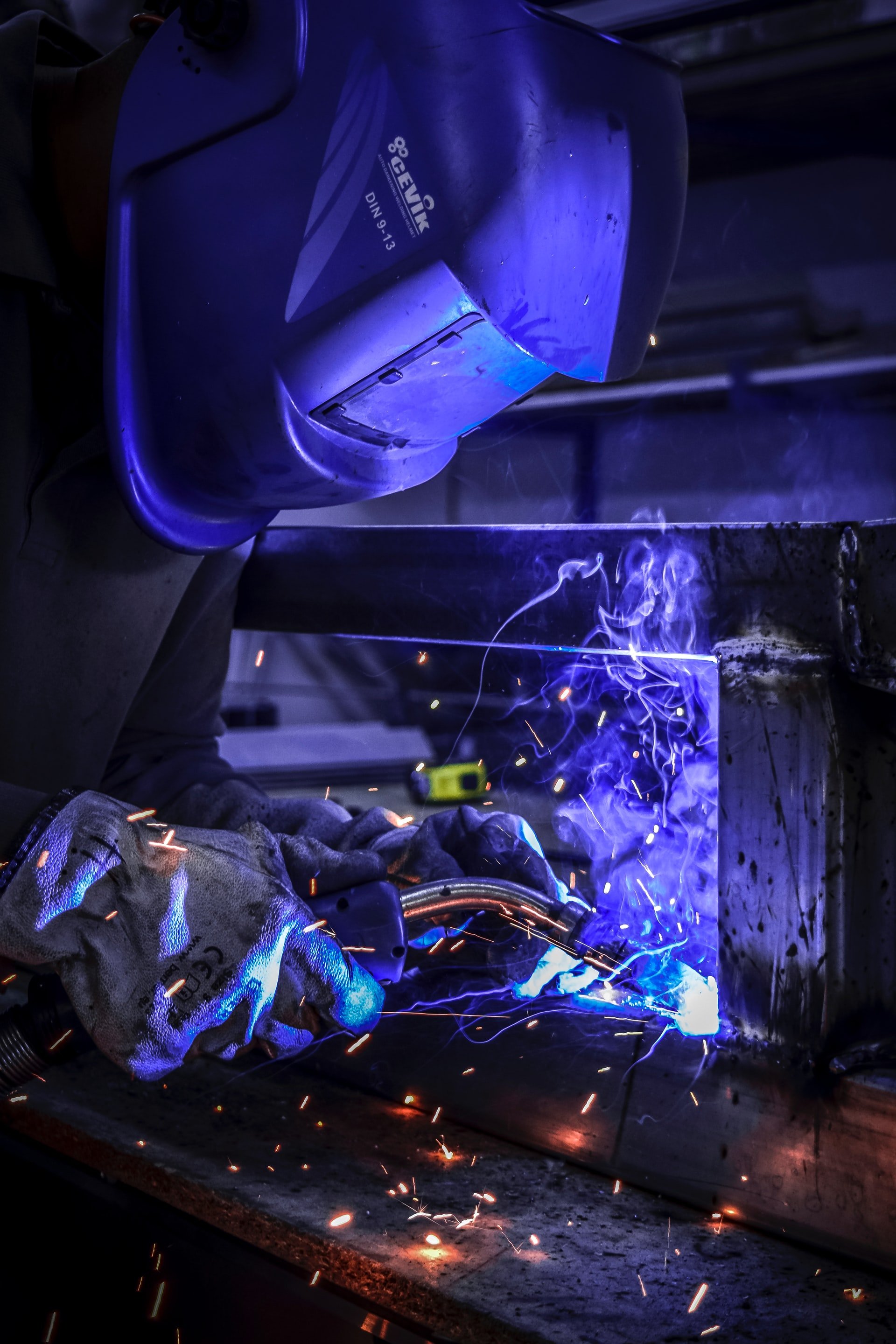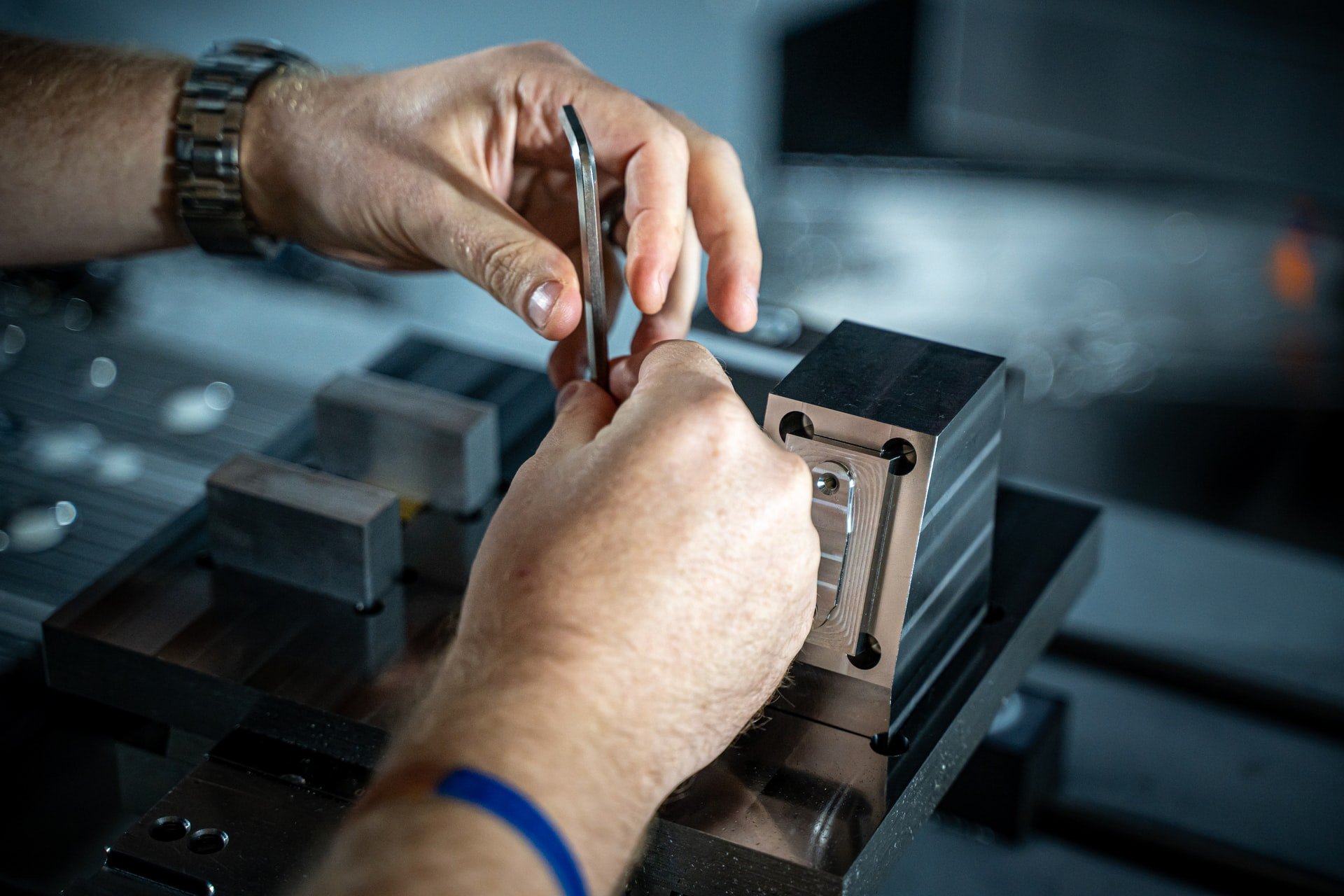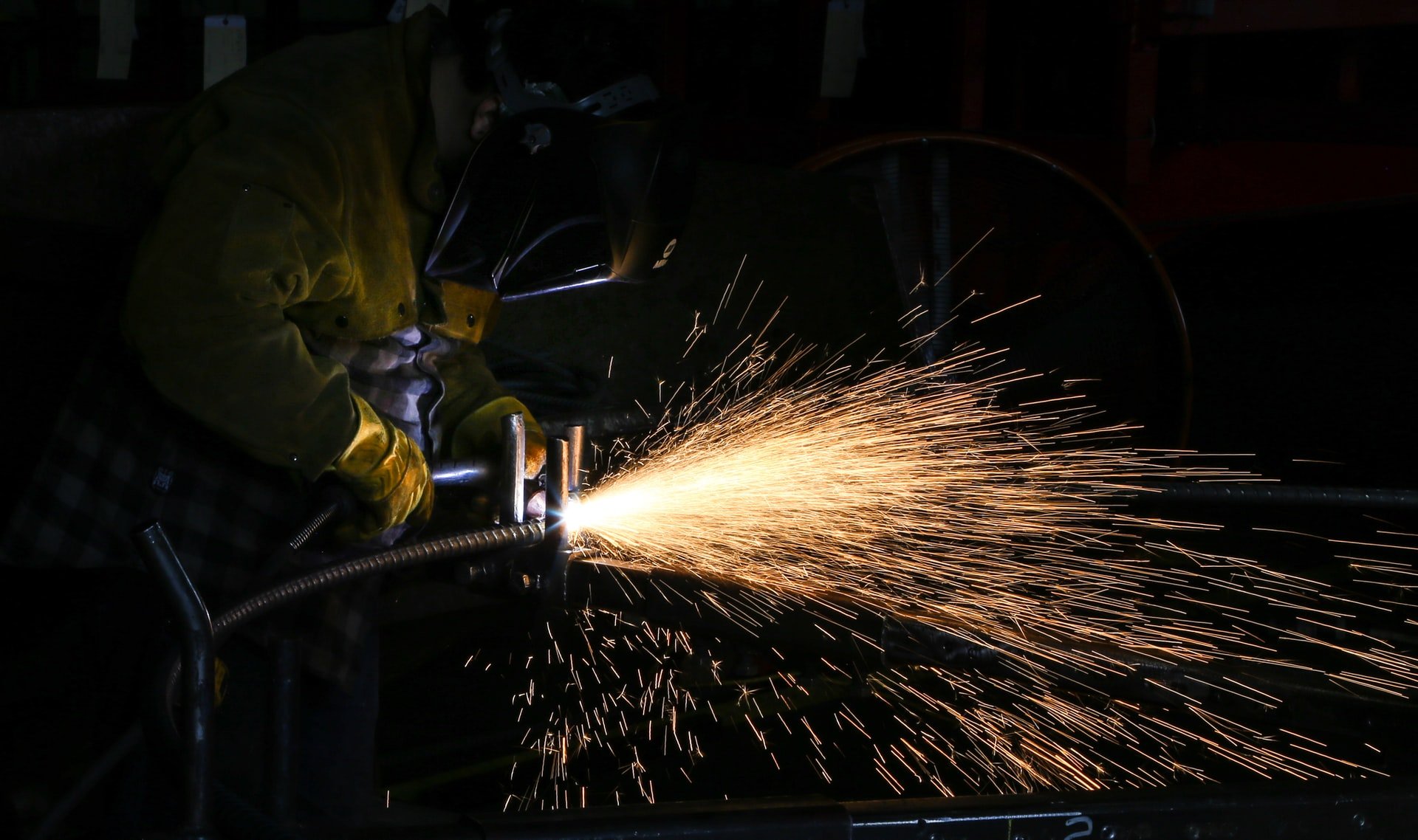 If you are commissioning custom steel fabrication for commercial or civil construction, you may be wondering if you need to have a CE marking on the work. There are many conflicting ideas that surround these regulations, but we can offer you a simple answer.
If you are commissioning custom steel fabrication for commercial or civil construction, you may be wondering if you need to have a CE marking on the work. There are many conflicting ideas that surround these regulations, but we can offer you a simple answer.
If it is structural work, then probably, yes.
The reason for the confusion stems back to the Construction Products Directive (CPD), which was put into force in 1995. According to the CPD, all construction products had to conform to the 'harmonised EU standards' for that product, though a CE mark was not mandatory in the UK. This led to a lot of confusion, and some people wrongly thought that compliance wasn't mandatory.
New regulations came into effect in 2013, and require that a CE mark be displayed on all structural construction products to show compliance with the European Construction Products Regulation (CPR). In our estimation this is a good idea, as these codes exist to make sure that construction products are safe and fit for purpose.
When Is A CE Mark Required?
While it is true that there are some exemptions to this new regulation, basically all the work that we do here at GLW Engineering will require a CE mark.
Article 2 of the CPR states that:
Any ‘construction product’ that is intended for permanent incorporation in a ‘construction work’ and has an effect on the performance of that work, has to comply with the ‘harmonised EU standards’ for that product.
Article 2.1 of the CPR states that: a ‘construction work’ refers to any building or civil engineering project.
Because much of the work that we are contracted for will have load bearing characteristics and be used for purposes of construction, we have to ensure a level of quality that allows us to give our products a CE accreditation. This may seem like an extra step for your project, but it is in your best interest, and also the law.
Are There Exceptions?
There are some exceptions to the projects that require CE certification.
However, most of the work we do at GLW Engineering would not qualify for an exemption from compliance with the CPR. We therefore apply CPR standards to all our architectural and structural work, for your complete satisfaction and peace of mind.
Please let us explain why.
Article 5 of the CPR outlines the circumstances in which a manufacturer does not need to make a declaration of performance.
1) When the product is individually manufactured or custom-made in a non-series process in response to a specific order, and installed in a single construction work.
While this may appear to imply that bespoke or non-standard structural components are not covered, we recognise that fabricated steel parts are all created using a series process. All products are created with reference to established codes and standardised part numbers. Every construction component we fabricate is made with recognised fabrication processes. We don't think that one-offs would qualify unless they were purely decorative in nature, and even then “better safe than sorry” is going to be our attitude.
2) When the product is manufactured on the construction site.
Because all our products are made in our factory, this exemption does not apply to any of our projects.
3) When the product is manufactured in a manner appropriate for heritage conservation or by using non-industrial processes.
At GLW Engineering our projects are commercial and civil in nature, so this exemption is not relevant.
Can You Help Us To Ensure CE Compliance?
We feel that marking all the projects that you contract GLW Engineering for with a CE certification to be in the best interests of quality and safety. Our engineering team has more than 20 years of experience with what are now called the CPR regulations, and creating quality parts that meet CE regulation standards is no problem for us.
In some cases the argument could be made that architectural items like railings and balustrades are exempt from a CE mark. We feel that you are better safe than sorry. We can build anything you may need, and make sure that is can receive a CE mark. While it may seem like more work up-front, you are guaranteed not to have any trouble down the line.
If you have any questions about CPR regulations and your project needs, please don't hesitate to call us. We can help you streamline your steel fabrication process and make sure you are both on time and on budget.
Download our free new e-book; How to Ensure Quality When Hiring Steel Fabrication Companies, for more cost-saving and compliance tips. In it we cover quality regulations, timescale considerations, steel coatings and much more. Access your copy by clicking here.

